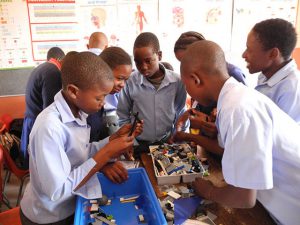
Schoolkids playing with legos. From: fastcoexist.com
Fast Co Exist has published this article about the linkages between Lego and creativity.
By: Jessica Leber
Creativity is in decline around the world. But a new school built by the toy block company that focuses on play might unlock the secret to a solution.
If successful companies and societies of this next century are defined by their ability to innovate–a trope repeated constantly in business seminars, surveys, and speeches–then the U.S. may be headed for a rough time: On average, Americans’ ability to think creatively has declined.
This trend has been called “the creativity crisis,” and was defined by a major study in 2011. Researchers looked at a common measure of creativity in 300,000 kids and adults over time and found that, unlike IQ scores, creativity had been declining since 1990. The effect was most marked in elementary-school-age kids.
Why exactly creativity measures are declining is still anyone’s guess, although evidence and intuition points to the growing emphasis on testing in education as a factor. Kids are taught to learn by understanding “the one right answer” they need to find, and what they need to do to find it. (On tests of how kids do at brainstorming ideas, 98% of three-year-olds register as “creative geniuses.” By the time they are 25? Only 2%).
“There’s an immense and growing pressure to be able to standardize approaches in the school to ensure quality. And this is an interesting contradiction, because standardization never leads to quality when we talk about learning. We’re not producing products. We’re trying to educate children,” says Randa Grob-Zakhary, CEO of the Lego Foundation.
The foundation, endowed by the Lego Group, is now focused on revamping education systems to try to shift this dynamic at all ages–mainly by incorporating structured, hands-on “play” that fosters creative thinking. “A lot of work [in education] is focused on how can we better teach and more quickly teach reading and math–literacy and numeracy,” she says, speaking with Co.Exist at the United Nations’ Global Compact summit in New York City last month. “There’s still a very big gap in defining how can we better equip our children with creative and critical thinking skills to equip them to face tomorrow’s challenges.”
Last month, the Lego Foundation opened its own international school in Billund, near the company’s headquarters in Denmark, where the foundation will attempt to rigorously test and measure some of these ideas by incorporating “hands-on learning” into the curriculum wherever possible–with Lego bricks, but also with other toys, building materials and even robotics technologies. The school will build on the work of the foundation’s existing projects around the world. One, in South Africa, is where today 40,000 kids in grades K to 12 at 25 schools are working with a curriculum that includes play. Anecdotal evidence from this project shows that tests scores have gone up and teacher turnover has been “transformed,” says Grob-Zakhary, though no rigorous studies have been done.
She envisions a key role for the foundation in building a network that moves educational and psychological research on the topic of play and creativity out of academic journals and into the hands of teachers and policymakers. She is also looking to attract buy-in from the business world, which often invests in workforce training in college programs but rarely focuses on early childhood.
She believes that businesses need to start taking a longer-term view. “If we don’t start in those first five years, we have much less possibility to create that workforce we need. And yet very few businesses who would benefit from that kind of agility and adaptiveness built in the early years actually invest in it. It’s a really significant issue.”


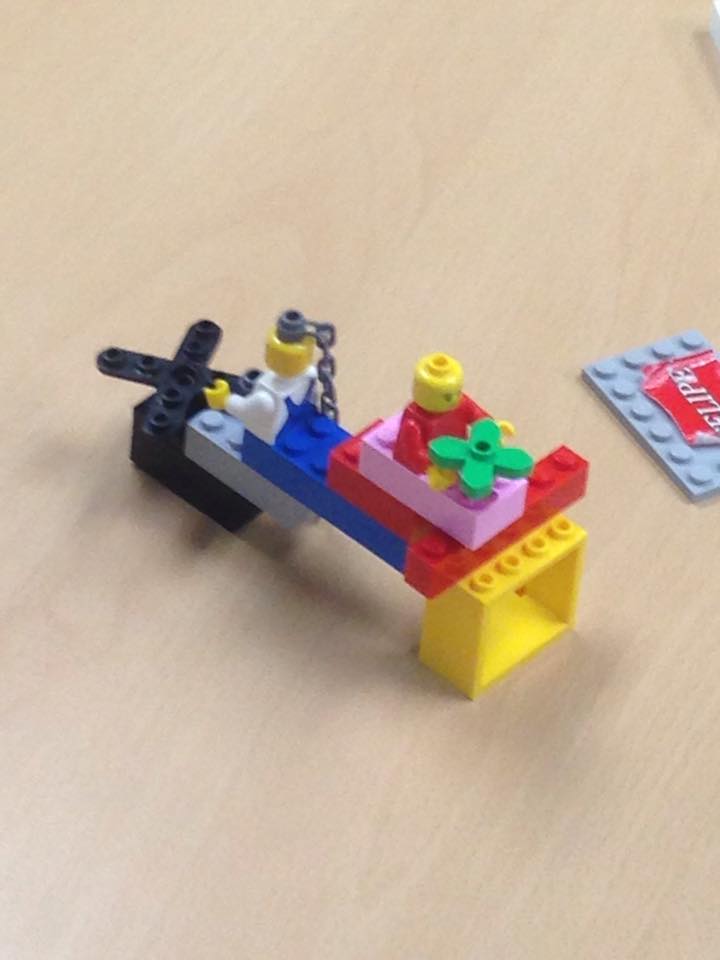
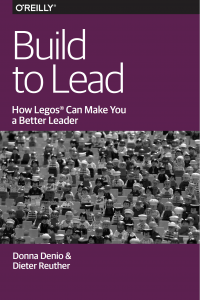
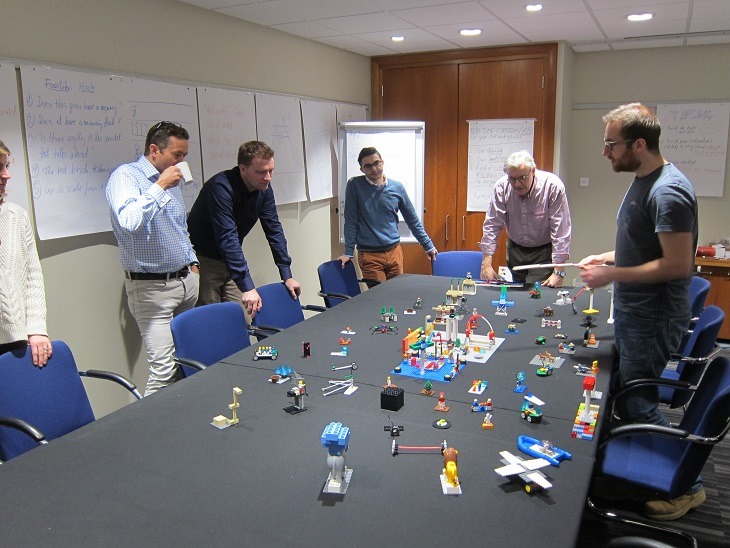
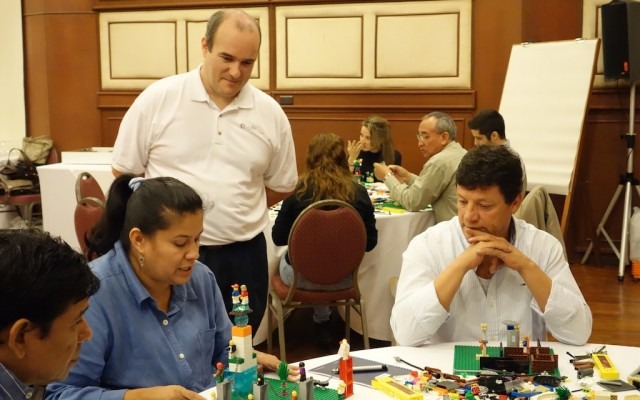
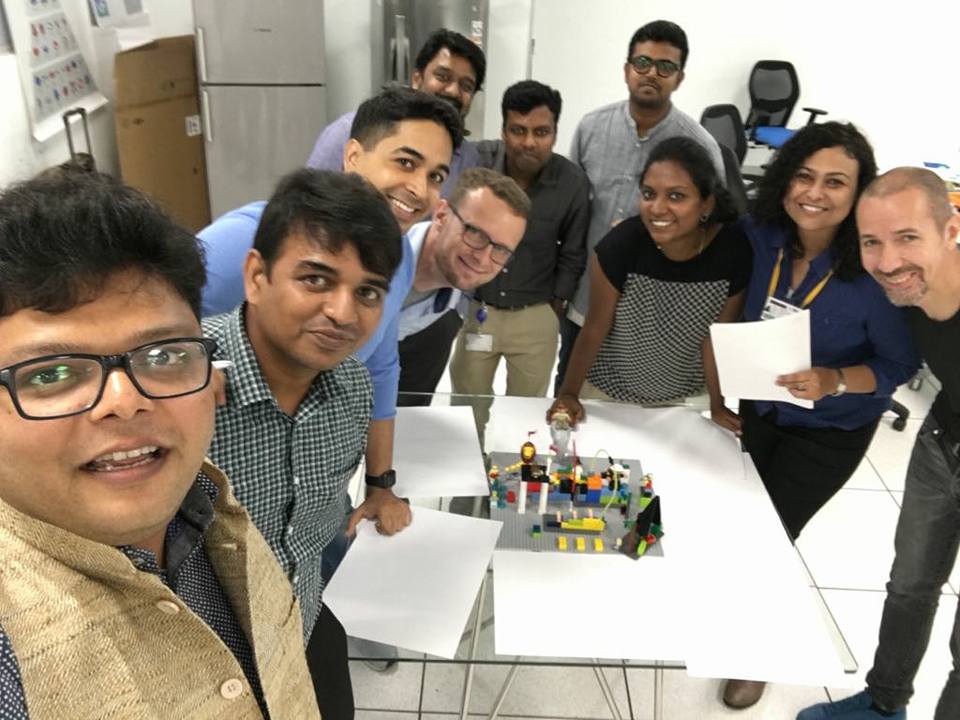
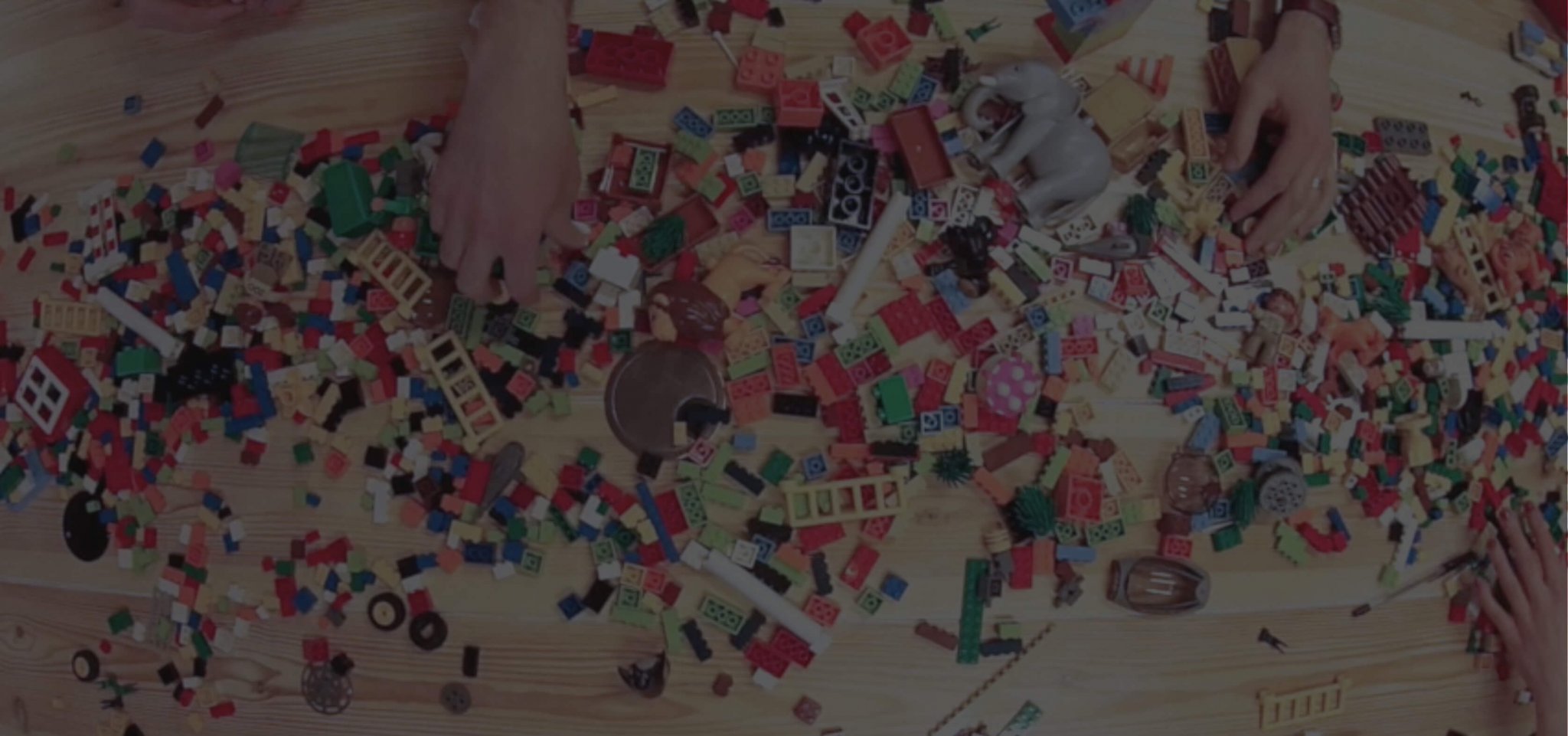
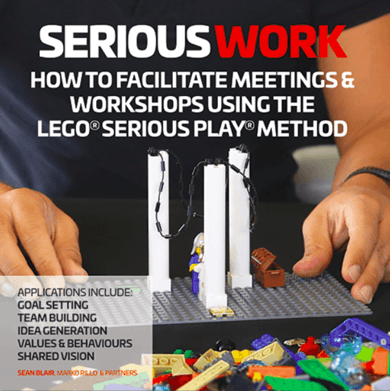
 Become a LEGO Serious Play facilitator - check one of the upcoming training events!
Become a LEGO Serious Play facilitator - check one of the upcoming training events!